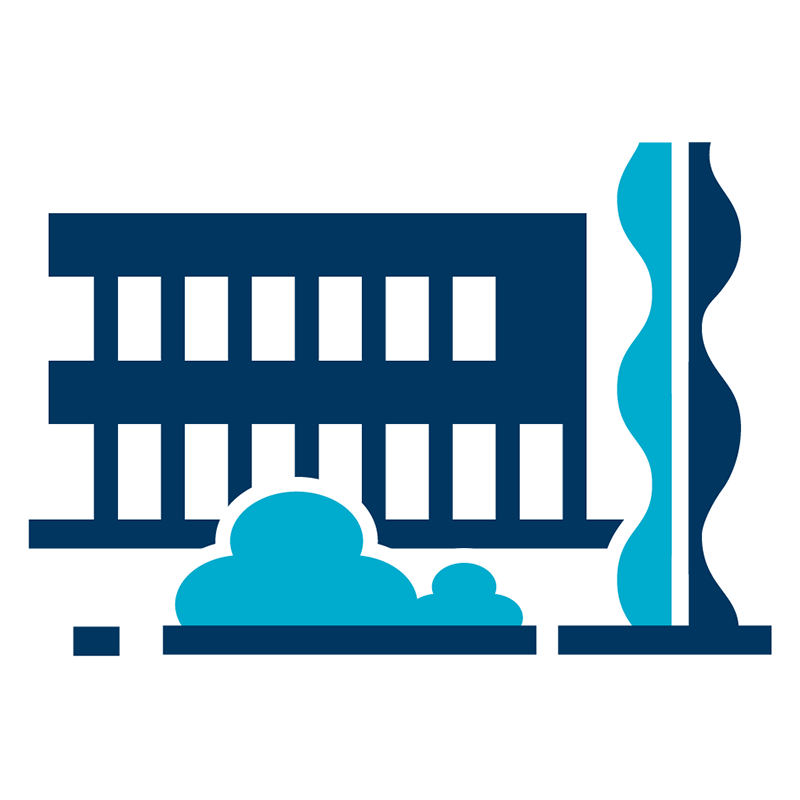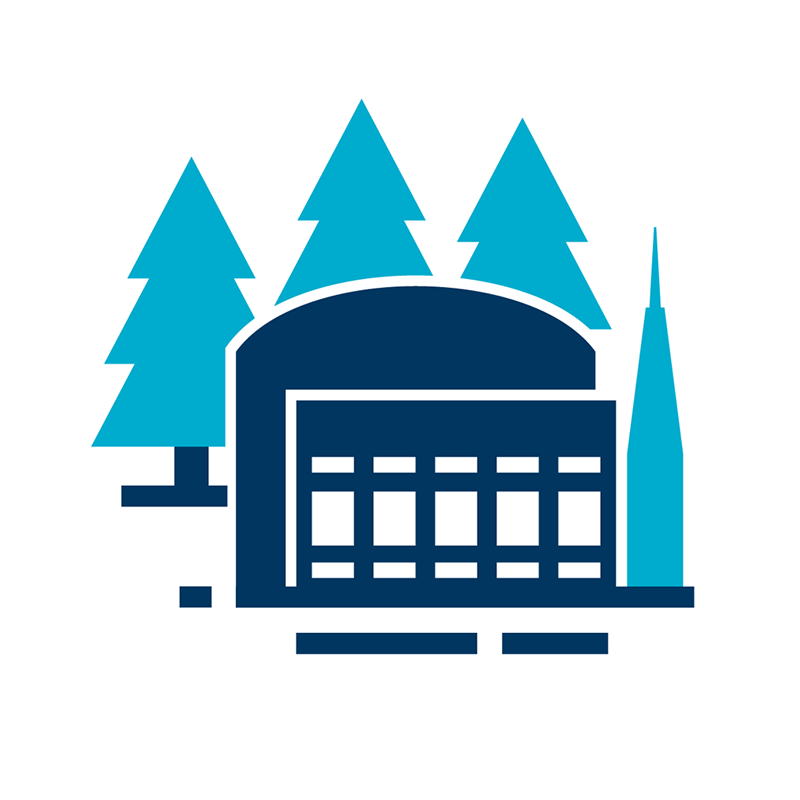Homepage

Why choose Biology at PCC?
PCC Biology courses at each campus allow you to meet the prerequisite requirements for many allied health care programs such as:
- Nursing
- Dental Hygiene
- Medical Assisting
If you plan to transfer to a university and major in Biology, or apply for other programs for which biology courses are a prerequisite, you can complete an entire year of biology coursework at PCC.
Award information
PCC offers classes in this program but not a degree. These classes can be used as electives and as part of the following university transfer plans:
| Award | Length (attending full-time) | Financial aid eligible | Currently accepting students? |
|---|---|---|---|
| Associate of Arts Oregon Transfer | 2 years | ||
| Associate of General Studies | 2 years | ||
| Associate of Science | 2 years |
Locations
What will you learn?
Class information
Prerequisites for health care programs are designed to give students a good foundation in how the human body functions. Courses include:
- Anatomy and physiology
- Cell biology
- Genetics
- Microbiology
- Pathophysiology
PCC Biology courses also fulfill requirements for non-science majors
Just need some science credits? Learn how life works at every scale, from micro to macro. Learn why your cells have machinery for making proteins, how your body stays warm on a cold day, and why forest creatures each have important roles to play in keeping their community together.
Courses designed for non-science majors are engaging, hands-on, and many fulfill laboratory-science and general education requirements for a transfer degree. These courses integrate citizen science, cultural awareness, critical inquiry building, and scientific discovery in one bundle. Examples of courses for non-majors include:
- Biology I (general)
- Botany
- Bird Identification
- Ecology
- Life of the Forest
Highly qualified faculty
You will interact and collaborate with faculty who have advanced degrees and a breadth of professional experience. Their specializations include:
- Botany
- Ecology
- Entomology
- Medicine
- Microbiology
- Vertebrate physiology
- Zoology
Every faculty member is committed to your success, equity in the classroom, innovating teaching practices, and creating a foundation for personal, life-long learning and appreciation for the natural world.
Student reflections on the Biology program
“The biology courses at PCC have broadened my perspective on the scientific field. I now can think deeper about the functions and processes of the world (interactions between and within humans, animals, plants, etc.). Especially because of the size of the class, I felt comfortable with asking questions and having deeper discussions. The biology cluster course allowed me to view the world through a more flexible and open-minded lens.” Anonymous
“The biology courses taught at PCC create a strong foundation for the student to succeed in all future classes, not just those that are science-based. Through the biology courses, students discover that a dedication to learning and a strong work ethic pays off and, in addition, they are given the opportunity to work with their classmates which leads to not only unique scientific conclusions in lecture and lab, but mutually beneficial relationships that will aid them in their continued schooling.” Lindsey Kaluza
The Biology department stands with the PCC Belonging statement
Belonging: After an individual’s basic needs are met, the door is opened to create a sense of belonging. In the college environment, both the academic and social elements work in tandem to create a sense of belonging, which cultivates feelings that the individual matters, they are valued, they feel safety in the group, and it is conveyed that they are indispensable to the group. A sense of belonging is relational, reciprocal, and dynamic.
Evolution
Biology courses taught at PCC stand by the theory of evolution as the major organizing theory in the discipline of the biological sciences.
In regular usage, “theory” can mean a guess, a dogma, or a myth, but in science, “theory” refers to a fundamentally non-dogmatic, iterative, and self-correcting investigatory process. Scientific theories are developed through scientific investigation and revised through observation and experimentation.
The theory of evolution meets the criteria of a scientific theory, while creation science does not. Creation science is not iterative, self-examining, or investigatory and, therefore, is not appropriate in science courses. Legal precedence on this premise is documented by Webster v. New Lenox School District #122, 917 F. 2d 1004.
PCC instructors teach the theory of evolution not as absolute truth but as the most widely accepted scientific theory used to describe the phenomena of the diversity of life. The Biology Subject Area Curriculum Committee at PCC stands with such organizations as the National Association of Biology Teachers in excluding pseudo-sciences from our curricula.
What will you do?
The study of biology is fundamental for careers in:
- Healthcare
- Natural resource management
- Scientific research
Next steps
Applying to PCC is free and only takes a few minutes.Apply now
Not quite ready to apply?
We can help you get the info you need.
Related programs
PCC offers more than 90 programs.

 Cascade
Cascade Rock Creek
Rock Creek Southeast
Southeast Sylvania
Sylvania